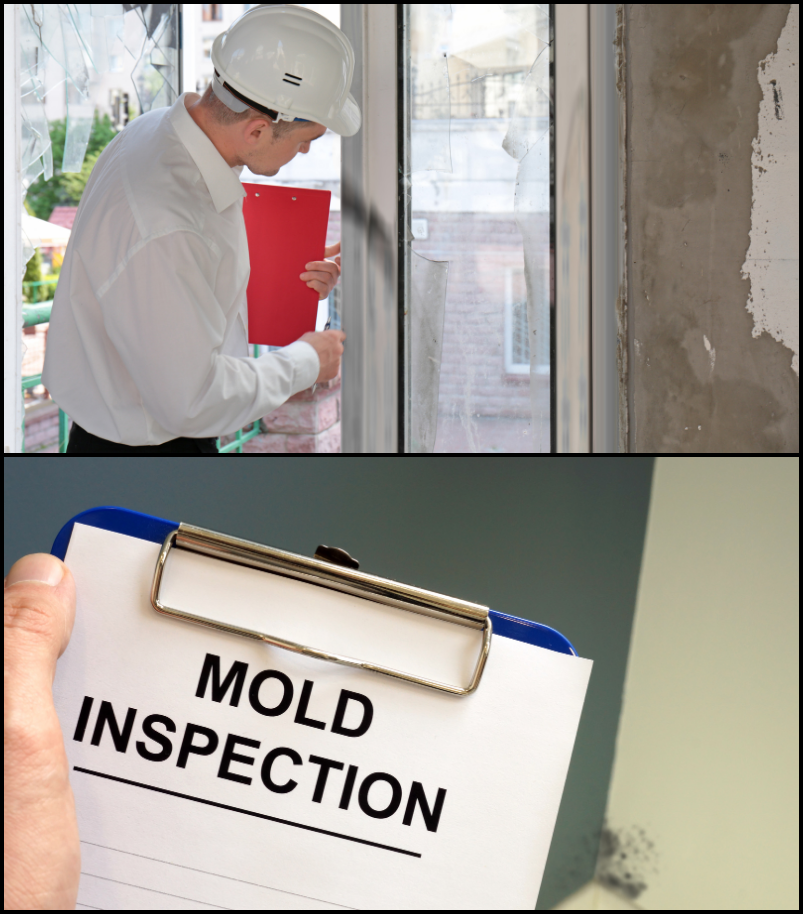Mold Testing in Bayville


The Importance of Mold Testing On Long Island
Professional Mold Inspection in Bayville
Residential
Commercial
Bayville, a scenic village located on the North Shore of Nassau County, Long Island, is known for its stunning waterfront views, charming small-town atmosphere, and laid-back beach lifestyle. With a population of around 6,700, Bayville sits along the shores of Long Island Sound, offering residents easy access to beautiful beaches, marinas, and outdoor recreational activities. Often referred to as "Pine Island," Bayville provides a peaceful, seaside retreat from the more urban parts of Long Island. The local economy is supported by a mix of small businesses, local eateries, and seasonal tourism. During the summer months, Bayville attracts visitors with attractions like the Bayville Adventure Park and its proximity to outdoor activities such as boating, fishing, and kayaking. Bayville's weather follows the typical Long Island climate, with warm summers that draw residents and tourists to the water, and cold winters that offer quieter, cozy village life.
Bayville is home to several parks and nature preserves, including the expansive and beautiful Centre Island Beach and the nearby Theodore Roosevelt Memorial Park. The village hosts various community events throughout the year, such as the annual Bayville Waterside Festival and seasonal holiday celebrations, fostering a close-knit community atmosphere. Known for its excellent schools and family-friendly environment, Bayville offers a relaxing, scenic lifestyle while still being within commuting distance of New York City. Its picturesque waterfront setting, community spirit, and beachside charm make Bayville a desirable place to live for those seeking tranquility on Long Island’s North Shore.
Our Mold Testing Services in Bayville
Our testing and inspection process includes the following steps:
Visual Mold Inspection:
Identifying any visible signs of mold growth.
Air Quality Testing:
Detecting mold spores in the air to assess indoor air quality.
Surface Testing:
Collecting samples from surfaces to confirm mold presence.
Moisture Mapping:
Pinpointing areas of potential water damage that may lead to mold growth.
Why Choose Long Island Mold Testing
Certified and Experienced
Local Experts
Fast & Reliable Service
Health-Focused Approach
FAQs
1. What is mold testing?
Mold testing involves inspecting a property for the presence of mold by collecting air or surface samples and analyzing them in a laboratory to determine if harmful mold is present and at what levels.
2. Why is mold testing important?
Mold testing helps identify hidden mold growth that can cause health issues, property damage, and decreased indoor air quality. It allows homeowners to take prompt action to remove mold and prevent further problems.
3. How do I know if I need mold testing?
If you notice visible mold, experience a musty odor, or suspect water damage (e.g., from flooding or leaks), mold testing is recommended. It’s also a good idea after purchasing a home, following major storms, or if household members experience unexplained health issues.
4. What types of mold are commonly found in homes?
Some common molds found in homes include Stachybotrys (black mold), Penicillium, Aspergillus, and Cladosporium. Testing can determine the specific types of mold present and assess the risks they may pose.
5. How is mold testing performed?
Mold testing typically involves collecting samples from the air, surfaces, or materials in your home. These samples are then analyzed in a lab to identify the types of mold present and their concentrations.
6. How long does mold testing take?
The actual testing process usually takes a few hours, but receiving lab results can take anywhere from 24 hours to a few days, depending on the type of testing and the laboratory used.
7. How much does mold testing cost?
The cost of mold testing varies depending on the size of the property, the extent of testing required, and the types of tests performed. Prices typically range from $300 to $600, but more comprehensive testing can cost more.
8. What should I do if mold is detected in my home?
If mold is found, you should contact a professional mold remediation company to safely remove it. It’s important to address the underlying cause of the mold (such as water leaks or high humidity) to prevent future growth.
9. Can I test for mold myself?
There are DIY mold testing kits available, but they may not be as reliable as professional testing. Professional mold inspectors are trained to locate hidden mold and provide more accurate assessments of the extent of the issue.
10. How can I prevent mold growth in my home?
To prevent mold growth, control indoor humidity levels, repair leaks promptly, ensure proper ventilation (especially in bathrooms and kitchens), and clean and dry areas affected by water damage as soon as possible.
11. Is all mold dangerous?
Not all mold is harmful, but certain types of mold can cause health issues, especially for individuals with allergies, asthma, or weakened immune systems. Professional testing can help determine if the mold in your home poses a risk.
12. How often should mold testing be done?
Mold testing should be done after water damage, if mold is visibly present, when moving into a new home, or if you notice unexplained health symptoms. Otherwise, periodic testing every few years can ensure your indoor air quality remains safe.